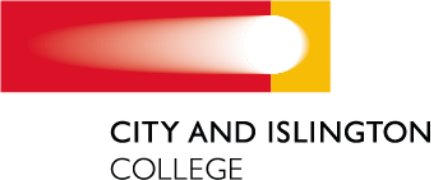
History - A Level (Edexcel)

ABOUT THE COURSE
This course is designed to encourage students to develop in-depth knowledge and understanding of crucial aspects of the past which have shaped the world and society they live in. They also critically engage with thematic concepts such as economics, politics, social history, and culture to help structure their engagement with the past.
History students develop skills such as the ability to select and condense large amounts of information, interpret primary and secondary sources in context, engage in discourse and critical thinking about historical controversies, and become independent learners and thinkers. We also try to embed metacognitive principles which ask students to think not just about what they are learning but how they are learning. Therefore, a History A level is not just a gateway into the historical professions but also indispensable for a variety of career paths such as Law, Politics, and International Relations.
The four units of study follow the themes of rights and freedoms. From Parliamentarians seeking greater religious freedoms in 17th Century Britain, to indigenous peoples, settlers, traders, and officials battling to preserve or change societies across the British Empire, nationalists in India taking on the might of the British Raj, and women, and minorities seeking to achieve the American dream in 20th century USA. The course aims to challenge the History student to study 400 years and as many different geographical locations as possible over the two years of the programme.
WHAT WILL I STUDY?
In the first year, the focus of your study will be on the search for rights, freedoms and greater equality in the twentieth century. You will examine the impact of these demands on the United States 1917–96, as previously excluded groups pressed for the fulfilment of the promise of the American Dream, and on India 1914 - 48 where rising nationalism clashed with imperial rule.
In the second year, you will broaden your historical understanding through the examination of how Britain lost a large part of its North American empire in the late eighteenth century but then built an empire in Asia, Africa and the Americas. The second year also has a coursework component enabling you to develop your independent research and writing skills.
WHAT WILL I NEED?
You will need:
- Grade 5 or above, and at least one grade 6 or above, in GCSE English Language plus one other written subject, such as History, Geography, Humanities, English Literature, Business, Media Studies, Religious Studies, Drama and Film Studies
- Three further GCSEs at grade 4 or above
If you wish to study 4 A Levels, you will need 7 GCSEs at grade 7 or above, including two at grade 8.
All applicants must have an interview to confirm that A Levels are suitable for them.
When applying for the A Level programme at City and Islington, please refer to the general entry requirements on our A Level Courses page as well as the subject-specific details listed above.
HOW WILL I BE ASSESSED?
20% of your final mark will be based on coursework you complete in your second year; the remaining 80% is based on written exams.
WHAT WILL IT COST?
Aged 16-18
If you will be aged 16, 17 or 18 on 31st August prior to the start date of your course and you have the legal right to remain in the UK for the duration of your programme then your study with us will be free. Please see here for the documents you will need to show us.
Some courses will have other associated costs, such as for specialist materials and trips. Many of our students are eligible for financial support, see here for details.
WHAT CAN I DO AFTER?
A Levels are widely regarded as the standard entry qualification for top universities in the UK, and the rest of the world. Many of our students go on to study for a degree at the university of their choice, with some choosing to progress into apprenticeships or other employment.
WHERE STUDENTS PROGRESS TO AFTER THIS COURSE
MEET SOME OF THE TEACHERS
Click here to see some of the teachers that teach A Levels at the college


